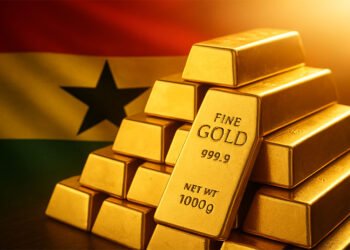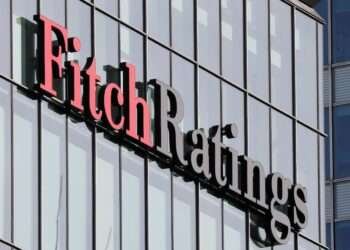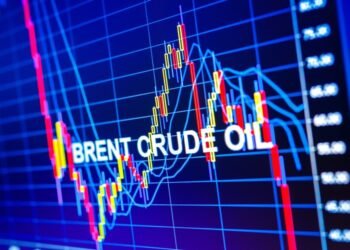The surge in demand for critical minerals, owing to the ongoing transition to a low-carbon economy is spurring investments into Ghana’s mining sector. Nonetheless, for the country to benefit substantially from this expected boom, it must adopt a strategic plan to build robust critical minerals value-chain as well as manage other looming risks.
Unlike gold, which has suffered an ‘unfavorable fate’— after decades of less activity in building a robust value chain— though some steps are being taken recently, the government must not look on for these critical minerals to suffer same.
Critical minerals– sometimes referred to as “strategic minerals”– are minerals that are vital to the global economy yet whose supply may be at risk. Endowed with appreciable reserves of these minerals including copper, lithium and nickel, Ghana has a golden opportunity to ultimately benefit from these minerals, funneling the country’s quest to build a robust economy.
Reading the Times
Reading the times, several economies around the world are moving to adopt systems that will ensure they benefit from these minerals, with a feel of urgency, as if the window of opportunity for these minerals could close at any moment.
While there are nuances in the way countries are approaching this, the common theme hinges on the maximization of expected benefits. This also means that calls for resource nationalism are becoming elevated. For instance, in Latin America, countries such as Mexico and Chile have hatched plans to nationalize their endowments of these minerals, especially lithium.
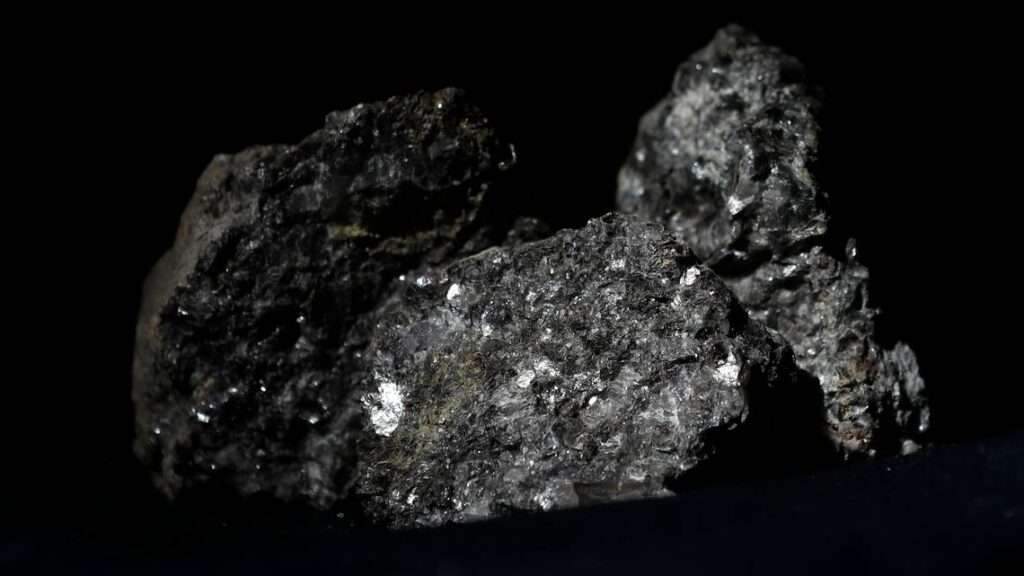
Others, such as Peru and Argentina are not only concentrating on the extraction and refinery of these metals but are looking to ensure the entire mineral value chain becomes strengthened. In Peru, Pedro Castillo’s government is seeking to modify an existing contract with the Canadian company American Lithium Corp so that the mineral is exported with added value.
In other words, the state wants companies operating in Peru to do more than just extract and refine the lithium for export, but to also invest in factories to transform the lithium into a product with a higher market value, generating more and better-paid jobs.
Argentina’s President Alberto Fernández’s government has sought to promote the country’s lithium reserves worldwide. During Fernández’s visit to China at the beginning of February, 2022, government officials revealed that Argentina is negotiating with the Chinese to establish new investments, including plans to set up a battery factory.
Risks to Navigate
According to the International Energy Agency (IEA), meeting the 1.5˚C of global heating could require a fourfold increase in the supply of critical minerals for clean energy technologies within the next two decades.
Since the COP26, calls for the global economy to save the planet from heating up, has been echoed strongly, warranting the need for all economies to be committed to aggressively invest in clean energy technologies or renewable energies.
Thus, what is good about this call, despite the complexities and gaps in available financing to ensure that a smooth transition is possible is the fact that, for countries such as Ghana that host reserves of these minerals, this could be a boom period for the economy— the benefits are manifold (generate government revenue, create jobs, etc.) — but not automatically guaranteed in ways expected.
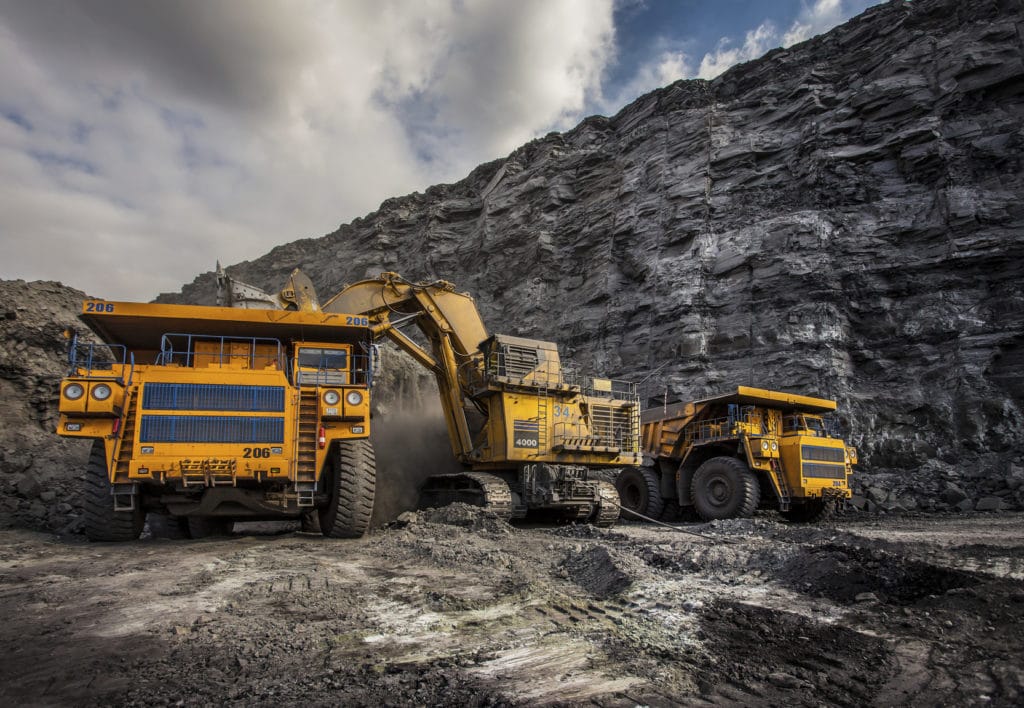
There are risks to navigate. Despite projections of increasing demand for these minerals, “exact demand trajectories are difficult to predict, and past minerals booms provide a cautionary tale. Disruptions in supply chains, policy uncertainty and technological shifts could result in volatile mineral markets,” according to the Extractives Industry Transparency Initiative’s (EITI) policy brief on critical minerals and the energy transition.
“For countries that host reserves of minerals needed for low-carbon technologies, increased demand could present a range of challenges. Failure to tackle these head on could result in a missed opportunity to encourage the growth of a profitable and responsible mining sector to deliver the energy transition.”
EITI Policy Brief
Particularly, Ghana recently added lithium to its portfolio of critical minerals. Atlantic Lithium, which owns the Ewoyaa mine, announced a significant upgrade in the mineral resource estimate at the Ewoyaa project to 30.1Mt at 1.26% Li2O for the Ewoyaa lithium deposit, representing an increase of 42 per cent.
As the project commands huge upside potential, evidenced by the rise in updated mineral resource estimates, this indicates the extent of positive fundamentals undergirding the development of the resource.
This resource among others, no doubt, presents another great opportunity for Ghana to grow its economy. Not leaving anything to chance, it all comes back to the systems- mining fiscal regime, governance systems, etc. that the government must put in place to ensure the country benefits significantly from these resources.
READ ALSO: Saudi Aramco Chalks Highest Oil Profit, Making More than 80%



